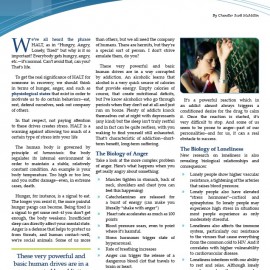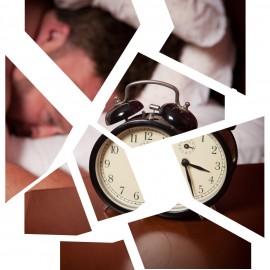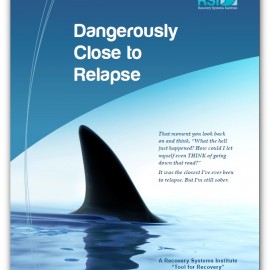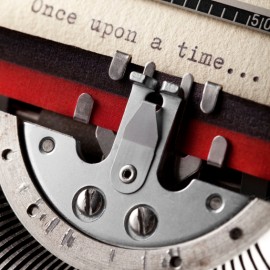People in Recovery
What to Look for in a Sponsor
Topics: 12Step, maintaining sobriety, Recovery Tools, tools for recovery
Seven Tips for Getting Started Right With AA
The more we exert ourselves to help those with problems like ours, the more concrete benefits we receive from AA.
Topics: 12Step, maintaining sobriety, recovery support groups, Recovery Tools, tools for recovery
Avoiding the Money Relapse Trap
Learning financial responsibility forces us to address and change behaviors and habits associated with our addictions.
Topics: maintaining sobriety, Recovery Tools, relapse, tools for recovery, triggers
HALT-ing Relapse Before it Starts
Topics: emotional issues, maintaining sobriety, Recovery Tools, relapse, stress, tools for recovery
Getting a Good Night’s Sleep in Early Recovery
For most of us, sleep problems are related to the recovery process itself, and the complex changes that occur as the brain heals following considerable abuse
Topics: early recovery, maintaining sobriety, prescription medications, Recovery Tools, relaxation, tools for recovery
The Sermon on the Mount
by Richard Curtis (@ezduzit777) The text of Alcoholics Anonymous is directive in nature when it tells me to check to see what my community has (continued…)
Topics: book review, maintaining sobriety, Recovery Tools, spirituality, tools for recovery
Dangerously Close to Relapse
Sober Chrystal talks about the moment when her five years of sobriety hung in the balance and nearly went over the cliff.
Topics: Alcoholics Anonymous, alcoholism, anxiety, mindfulness, Recovery Tools, relapse, relaxation, stress, tools for recovery
The Stress Toolbox
Doesn’t mean we can expect to solve the problem right away, just that we’ve done something that moves us in the direction of a solution — and gives us permission to relax for a while.
Topics: Recovery Tools, relaxation, tools for recovery
Retrain Your Brain: Scripting
Language– the words we choose for our self-talk– has a powerful influence on our brain function. Words can help us re-shape the cycle of feelings, impulses, and behaviors.
Topics: co-occurring disorders, cognitive behavioral therapy, mental illness, personality disorders, rational emotive therapy, Recovery Tools, therapeutic models, tools for recovery, trauma
Slips and How to Avoid Them
Treatment generally includes identifying high risk situations and making a plan for dealing with them. Benny knew his sales meetings were high-risk; he just wasn’t willing to give them up without a trial. Three slips later, he acknowledged reality.
Topics: anxiety, barriers to recovery, emotional issues, maintaining sobriety, Recovery Tools, relapse, relaxation, tools for recovery


















